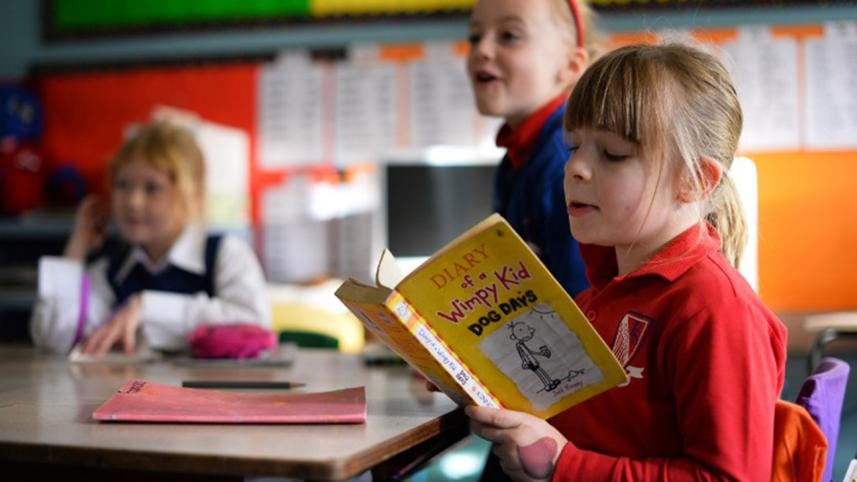Sydney fights terror recruitment in schools

Australia is introducing counter-radicalisation programmes in high schools - mainly in suburban Sydney - believed to be hot spots for recruiting Islamic extremists.
The scheme has reportedly been introduced in 19 schools in the state of New South Wales (NSW) over the past year - all in western and south-western Sydney, where there are large Muslim populations.
The scheme - which follows several recent terror plots in Australia involving high school students - aims to ensure that students are not encouraged to join. It includes reaching out to families and teachers to encourage watching for unusual behaviour, monitoring religious activities and screening volunteers who go to schools for religious purposes.
The NSW Education Department said the programme is designed to "promote social cohesion". "It includes advice and support for staff to identify vulnerable students and to ensure schools know how to access assistance from (services) such as (the Department of Family and Community Services) and the NSW Police," a spokesman told The Straits Times.
"The programme also ensures… that support is in place if anti-social and extremist-related incidents do arise."
According to Sydney's Daily Telegraph, teams of experts - including psychologists, computer specialists and support workers - attend schools and conduct an "environmental scan" for any threats or risks of radicalisation. A senior counter-terrorism police officer has reportedly been assigned to set up early warning systems and help teachers to identify signs of students being radicalised.
The move follows concerns that extremist groups have targeted young recruits. Several students have been involved in plots, including a 15-year-old who shot a police civilian accountant outside a police station in the Sydney suburb of Parramatta in 2015.
The head of Australia's domestic spy agency, the Australian Security Intelligence Organisation, said last month that Islamic extremists had shifted in recent years towards recruiting those aged 15 to 24.
"We are still looking at a very young cohort that are impacted and influenced by this... extremist, violent message," Duncan Lewis told a parliamentary hearing.
Radicalisation in schools has been a problem mainly in Sydney. In Melbourne, where young radicals have also been involved in plots, they were largely radicalised through family contacts and neighbourhood prayer centres. A spokesman for Victoria's Department of Education and Training told The Straits Times that one of the main ways it tried to prevent radicalisation was "ensuring students remain in education".
Analysts said there is a "cluster" of state schools, mainly in western and south-western Sydney, which has proven susceptible to radicalisation.
Several Sydney schools have been in the spotlight, including one where extremists were reportedly preaching in favour of violence at a student-led prayer group.
At another, the principal - a Muslim convert - was recently sacked because he reportedly refused to help police with their counter-radicalisation efforts.
Deakin University's Professor Greg Barton, an expert on radicalisation, said that "several hundred" teenagers were believed to be supporters or recruits of Islamic extremist groups.
"The schools programme exists because there is a need," he told The Straits Times. "We are dealing with several hundred teenagers, many of whom have been school-age."
Prof Barton said that the Islamic State in Iraq and Syria tends to have a less discriminate approach to recruiting than other terrorist groups. "Teens are malleable. They are often more naive and easier to recruit more quickly."
 For all latest news, follow The Daily Star's Google News channel.
For all latest news, follow The Daily Star's Google News channel.
Comments